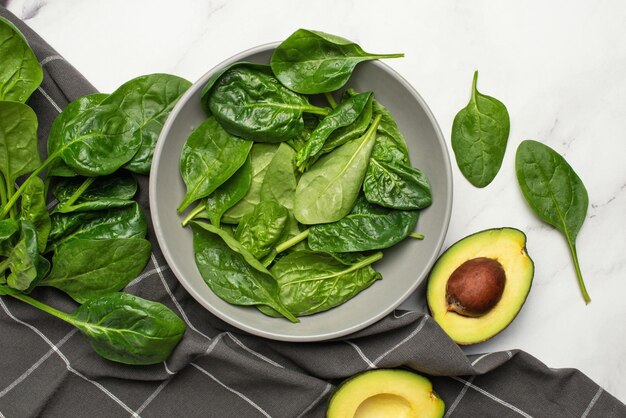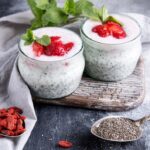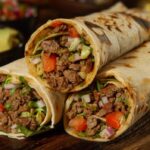Combining certain foods with alcohol can lead to unwanted or even dangerous reactions in the body. Some foods, when eaten while drinking alcohol, can interfere with digestion, cause toxicity, or worsen the effects of alcohol, leading to unpleasant side effects. Here are 10 foods that South Africans—and anyone else—should avoid consuming when drinking alcohol to protect their health and well-being.
1. Raw Eggs
Raw eggs are a popular ingredient in some dishes and drinks, but combining them with alcohol can be risky. Alcohol weakens the body’s ability to fight off bacteria like Salmonella, which is commonly found in raw eggs. This can increase the risk of food poisoning, causing stomach cramps, diarrhea, and vomiting.
2. Caffeinated Beverages
While mixing alcohol with energy drinks or coffee might seem like a way to stay awake, it can be dangerous. Caffeine masks the sedative effects of alcohol, leading you to consume more alcohol than intended. This can increase the risk of alcohol poisoning, dehydration, and risky behavior.
3. Processed Meats (Salami, Bacon, Sausages)
Processed meats are high in preservatives like nitrates, which can cause headaches and increase blood pressure. When combined with alcohol, the risk of dehydration increases, and it can lead to bloating, digestive issues, and more severe hangover symptoms.
4. Chocolate
Chocolate contains both caffeine and theobromine, stimulants that can increase the heart rate when combined with alcohol. This combination can cause jitters, heart palpitations, and anxiety, especially in sensitive individuals. Dark chocolate, with its higher concentration of these compounds, poses an even higher risk.
5. Spicy Foods
Spicy foods can irritate the stomach lining, and alcohol has the same effect. When consumed together, they can lead to increased acidity in the stomach, causing heartburn, indigestion, and stomach pain. This combination may also worsen acid reflux symptoms.
6. Grapefruit
Grapefruit contains compounds that interfere with enzymes in the liver responsible for breaking down alcohol. This can cause alcohol to stay in your bloodstream longer, intensifying its effects and increasing the risk of alcohol poisoning. Grapefruit can also interact with certain medications, making this combination potentially dangerous.
7. Leafy Greens (Spinach, Kale)
Dark leafy greens are rich in Vitamin K, which helps with blood clotting. When consumed with alcohol, particularly in large quantities, they can increase the risk of blood clotting disorders. This is especially dangerous for people taking blood-thinning medications, as alcohol can interfere with the liver’s processing of these drugs.
8. Avocados
While avocados are nutrient-rich, they are also high in fats, which can slow down the absorption of alcohol. This can cause alcohol to stay in your system longer, leading to increased intoxication levels and a higher likelihood of a hangover.
9. Fermented Foods (Kimchi, Sauerkraut)
Fermented foods are rich in probiotics, which are good for digestion, but they can interact negatively with alcohol. When combined, fermented foods can cause bloating, excess gas, and digestive discomfort. They can also enhance the production of acetaldehyde, a toxic byproduct of alcohol metabolism, worsening hangover symptoms.
10. Pickled Foods
Pickled foods, such as pickles and olives, are high in salt. Alcohol causes dehydration, and the excess salt from pickled foods can worsen dehydration and lead to electrolyte imbalances. This can result in increased hangover symptoms like headaches, nausea, and fatigue.
While enjoying food and alcohol together is common, it’s important to be aware of certain combinations that can lead to health problems. From interfering with alcohol metabolism to increasing the risk of dehydration and food poisoning, these 10 foods should be avoided when consuming alcohol. Prioritizing hydration, moderation, and mindful food choices will help you stay safe and healthy while drinking.








